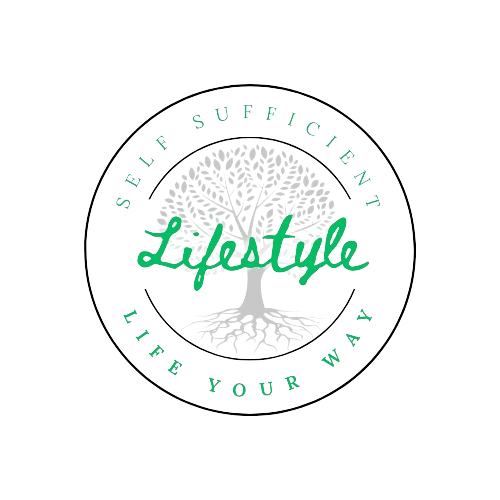
In the world of off-grid living, water is one of the most precious resources. Whether you’re living in a remote cabin in the woods or a sustainable homestead off the beaten path, effectively managing your water resources is essential for maintaining a self-sufficient lifestyle. In this guide, we’ll explore tips and techniques for conserving and managing water resources off the grid, including rainwater harvesting, graywater recycling, and efficient water use practices. Let’s dive in and discover the water wisdom that will help you thrive off the grid.
Understanding Off-Grid Water Management
Living off the grid means being entirely self-reliant for your water supply, without access to municipal water systems. This requires careful planning and management of water resources to ensure an adequate and sustainable supply for drinking, cooking, cleaning, and irrigation. Off-grid water management involves capturing, storing, treating, and recycling water in a way that minimizes waste and maximizes efficiency.
Rainwater Harvesting: Capturing Nature’s Bounty
Rainwater harvesting is a time-honored practice for off-grid living, providing a reliable and renewable source of water for household use. By collecting rainwater from rooftops or other surfaces and storing it in tanks or cisterns, off-grid residents can supplement or even replace their reliance on well water or other sources. Rainwater harvesting systems typically include gutters and downspouts to channel water into storage containers, filters or screens to remove debris, and tanks or cisterns for storage.
Graywater Recycling: Reusing Water Wisely
Graywater recycling is another valuable strategy for off-grid water management, allowing residents to reuse water from sinks, showers, and washing machines for irrigation or other non-potable uses. By diverting graywater to outdoor gardens or landscaping, off-grid residents can conserve fresh water resources and reduce their environmental impact. Graywater recycling systems may include simple gravity-fed systems or more sophisticated filtration and treatment systems, depending on local regulations and water quality considerations.
Efficient Water Use Practices: Maximizing Every Drop
In addition to rainwater harvesting and graywater recycling, off-grid residents can conserve water through efficient use practices. Simple measures such as fixing leaks, installing low-flow fixtures, and using water-saving appliances can significantly reduce water consumption and increase efficiency. Other water-saving strategies include mulching garden beds to retain moisture, planting drought-tolerant landscaping, and timing irrigation to minimize water loss through evaporation.
Ideally you want to manage off-grid water resources which require a combination of planning, conservation, and innovation. By implementing strategies such as rainwater harvesting, graywater recycling, and efficient water use practices, off-grid residents can ensure a sustainable and reliable water supply while minimizing their environmental impact. Whether you’re living off the grid full-time or simply seeking to reduce your water footprint, embracing water wisdom is essential for thriving in a self-sufficient lifestyle.

